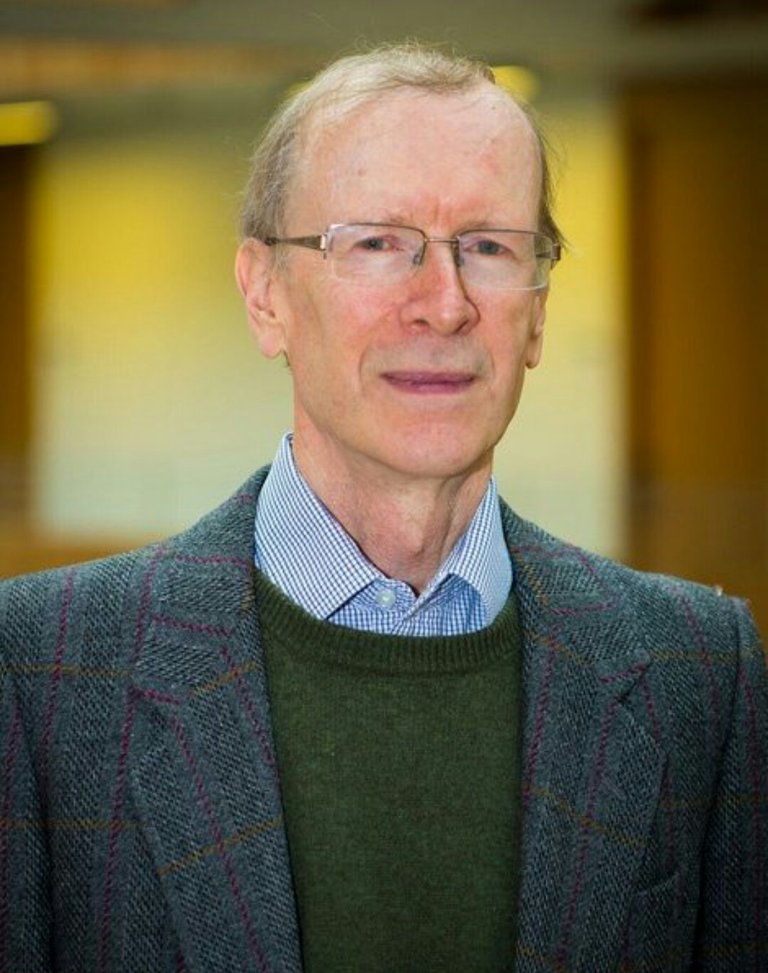
In 1637, mathematician and lawyer Pierre de Fermat wrote a seemingly innocent-looking conjecture in the margin of a copy of the ancient Greek textbook, Arithmetica, while claiming that the proof was too large to fit into the margins. We know of it as Fermat’s last theorem, which goes as follows:
No three positive integers a,b,a,b, and cc satisfy the equation an+bn=cnan+bn=cn for any integer value of n greater than 2.
The proof of this conjecture had eluded humankind for centuries, until the British mathematician Andrew Wiles came along in the latter part of the 20th century. The theorem was so famous that, prior to its proof, the Guinness Book of World Records had it listed as the most difficult mathematical problem, the reason being that it has the largest number of unsuccessful proofs.
Wiles came across Fermat's Last Theorem on his way home from school when he was 10 years old. Fascinated by the existence of a theorem that was so easy to state that a ten-year-old could understand it, but that nobody had proven, he decided to be the first person to prove it.
Let me repeat that. The guy started thinking about solving the conjecture when he was 10 years old. 10 frickin years old.
However, he soon realised that his knowledge was too limited. So he abandoned his childhood dream, until it was brought back to his attention at the age of 33 when another fellow mathematician named Ken Ribet proved something called the epsilon conjecture in 1986. Starting around then, Wiles goes to work on proving the confounding theorem. For nearly seven years in total secrecy, he locks himself up from the rest of the world and emerges with a proof in 1993.
Until he gets proven wrong later that year.
Rather than giving up like so many of his predecessors, he goes back again to work and meets with even more failure.
Finally, after nearly two subsequent years of what must have been painstaking work, Wiles, along with his former student Richard Taylor, came up with the proof of Fermat’s last theorem that stands to date. He’s won many medals for coming up with the proof, including Norway’s Abel prize and also the Copley medal, the Royal society of London’s highest honour.
Shows that you don’t need six pack abs to be a paragon of willpower and discipline.
You can watch this documentary about Andrew Wiles and Fermat's Last Theorem here:
http://topdocumentaryfilms.com/fermats-last-theorem/
Yea the link is very helpful... @mustacheman